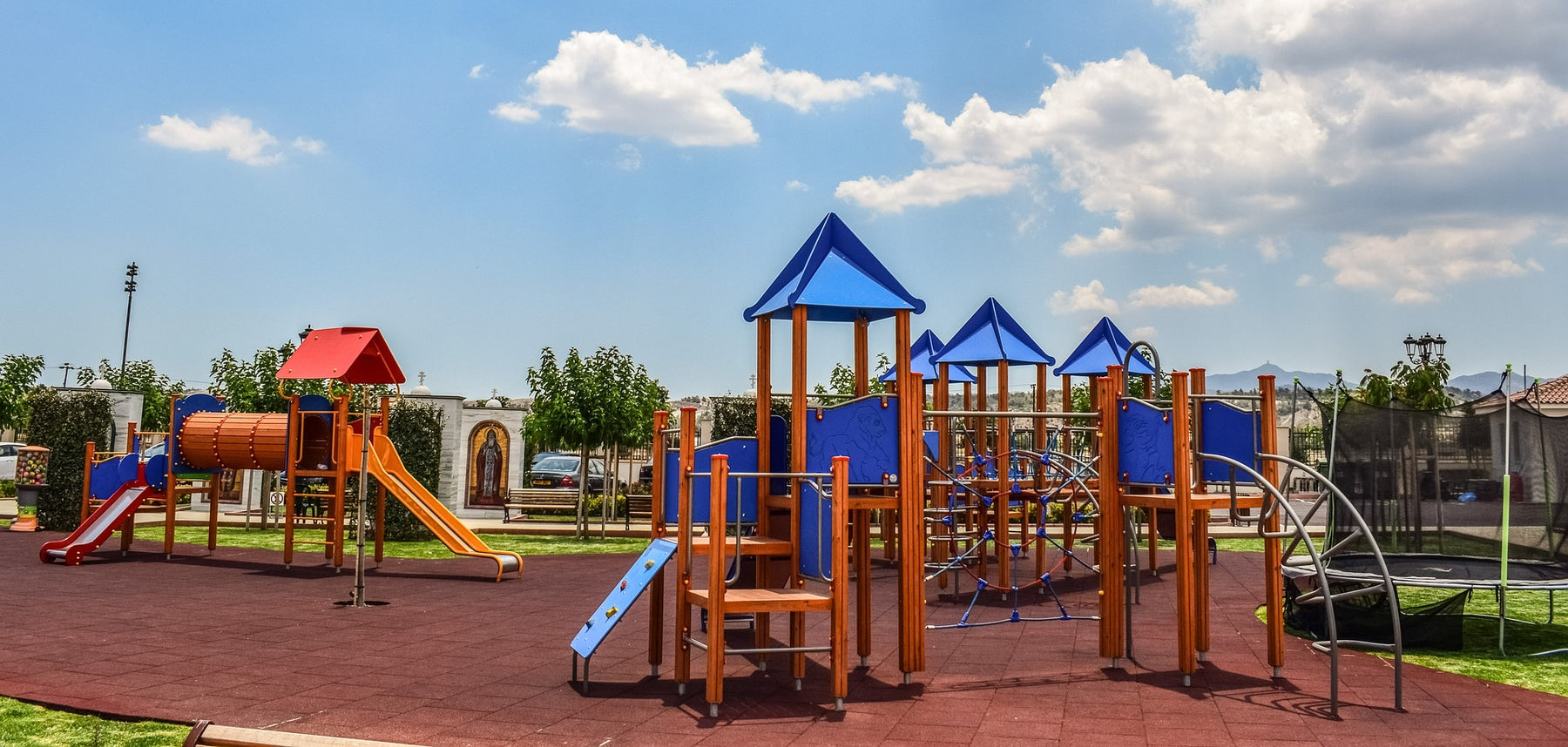Questions? Call For Help: (412) 231-9748

The Importance of Having a Playground in Your Community
Playgrounds are more than just places where children can play; they are vital components of healthy, thriving communities. As society increasingly recognizes the importance of outdoor activities and social interaction, playgrounds provide valuable opportunities for physical, emotional, and social development. Here’s why every community should prioritize having a playground.
1. Promotes Physical Health and Activity
In today's digital age, children are spending more time indoors, often engaged with screens rather than physical activity. Playgrounds offer an inviting space for children to run, jump, climb, and explore—activities that are essential for developing motor skills, strength, and coordination. By encouraging outdoor play, playgrounds help combat the rise of childhood obesity and promote overall physical health.
Physical activity in early childhood also sets the foundation for lifelong healthy habits. Active kids are more likely to continue exercising as they grow older, reducing their risk for numerous health issues, such as heart disease, diabetes, and mental health challenges.
2. Supports Mental and Emotional Development
Play is not only about physical health—it also plays a crucial role in mental and emotional development. A well-designed playground offers children a safe space to express themselves, try new things, and solve problems. Whether it’s figuring out how to navigate a challenging climbing structure or working with peers to complete a game, children learn essential life skills like resilience, perseverance, and patience.
Playgrounds also offer a therapeutic outlet for stress, allowing children to release pent-up energy in a positive way. Studies show that outdoor play contributes to lower levels of anxiety and depression, as well as improved focus and cognitive function.
3. Fosters Social Interaction and Community Building
In addition to physical and mental development, playgrounds provide valuable opportunities for social interaction. They bring children together from various backgrounds, enabling them to make friends, develop communication skills, and learn to cooperate and share. These early social experiences help children build empathy, conflict resolution skills, and a sense of belonging—traits that contribute to a stronger, more connected community.
Playgrounds also serve as gathering places for families and caregivers. They offer an opportunity for parents to connect, share advice, and form support networks, strengthening the social fabric of the community as a whole.
4. Encourages Inclusivity and Accessibility
Modern playgrounds are designed with inclusivity in mind, ensuring that children of all abilities can participate in play. By incorporating features like wheelchair-accessible swings, sensory play elements, and ramps, playgrounds help promote equality and accessibility. When children with different needs can play side by side, it fosters understanding and compassion, making the community more inclusive and supportive of diversity.
Creating accessible playgrounds also sends a powerful message about valuing all children and recognizing their right to participate in enriching, enjoyable experiences, regardless of their physical or cognitive abilities.
5. Enhances Community Aesthetics and Environment
Well-designed playgrounds can transform a public space, turning an underutilized area into a vibrant and inviting environment. They enhance the aesthetic appeal of neighborhoods, making them more attractive places to live. Additionally, playgrounds often feature landscaping elements like trees, shrubs, and flower beds, which contribute to environmental sustainability and provide natural beauty.
The presence of a playground in a neighborhood can also increase property values, as families with young children are often drawn to areas that offer recreational spaces. This can create a positive cycle, where a well-maintained playground contributes to a safer, more desirable community.
6. Build Long-Term Community Engagement
Investing in playgrounds is an investment in the long-term health and well-being of a community. Playgrounds serve as gathering points for events, festivals, and community activities, making them central to a neighborhood’s social life. They encourage people to spend time outdoors, engage in physical activity, and form bonds with others.
When communities invest in playgrounds, they send a message that they prioritize the well-being of their residents—especially children. This commitment to creating spaces that nurture young people helps build a sense of pride and collective responsibility, encouraging residents to take an active role in the upkeep and care of shared spaces.
Conclusion
Playgrounds are more than just fun places for children—they are essential community assets that promote physical health, emotional well-being, social development, and community cohesion. By prioritizing the creation and maintenance of playgrounds, communities can foster healthier, happier, and more connected environments for all residents.
At Playground Emporium, we are committed to providing high-quality, safe, and innovative playground equipment that can enrich your community. Invest in the future of your neighborhood by bringing the benefits of play to life today!

